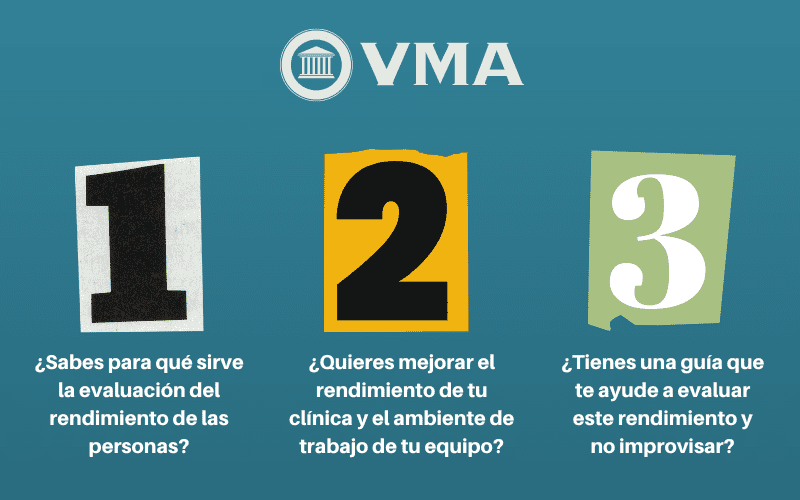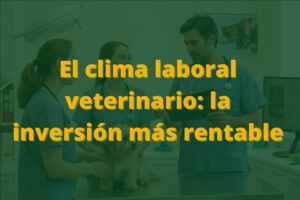At VMA (Veterinary Management Academy)We know that the management of the veterinary clinic begins with the Management of PEOPLE.
The teams of Veterinarians and Assistants are the true value of each center. Taking care of your team is taking care of your clinic and for that it is necessary to evaluate the staff in a professional and objective way.
At the last Congress AGESVET-GGA AVEPAPere Mercader and Miguel Angel Diaz surprised with their formation:
The two faces of performance evaluation of Veterinarians.
The veterinarians who attended the training were able to enjoy a masterclass on how to evaluate the performance of our team.
But before we go any further, answer these three questions:

Pere Mercader y Miguel Angel Diaz have already asked these questions to many of the veterinarians they work with on a daily basis, and with all this information, this training was designed.
With the help of professional actors and audience participationThe following section presents possible scenarios that can be encountered in any veterinary clinic and the keys to deal with them with guarantees.
From VMA we have considered that this training can be very interesting for you if you are concerned about improving people management, especially in these times, where there are great difficulties to "retain and attract talent" in the Veterinary Centers.
Responding to the great demand of requests from colleagues who wanted to watch the training again or watch it for the first time, we have decided to give access to the full video of this unforgettable session...

Veterinary Management Academy (VMA):
Evaluating the performance of veterinarians in a practice is an important task to ensure that high quality service is provided to patients and clients. A few VMA tips:
▪️Set clear goals before you start: In any evaluation, it is important to set clear and specific goals for the veterinarian's performance. Goals should be realistic and achievable, and should be aligned with the overall objectives of the practice.
▪️Evaluates results on facts and data: Objective data is an effective way to evaluate your veterinarian's performance. Evaluate treatment outcomes, clinical indices, client satisfaction rates, among others. The data collected should be analyzed to detect areas for improvement and opportunities.
▪️Uses a correct feedback systemFeedback is an effective way to help veterinarians improve their performance. Provide regular feedback and acknowledge their achievements. It is important that this feedback is constructive and specific.
▪️Conducts regular evaluations: Performance evaluation of veterinarians should be an ongoing process. Conduct regular evaluations, at least once a year, so that problems can be detected and adjustments can be made.
▪️Make sure there is ongoing training: veterinarians in the clinic should be receiving continuous training and updates on new techniques and technologies. This will help improve their performance and keep their knowledge up to date.
▪️Be fair and objective: ensure that performance is being evaluated based on clear and objective criteria. Avoid subjective evaluation or evaluation based on personal impression.
What do you think of our tips?
For a more in-depth look at performance evaluation, we recommend our Veterinary Practice Management Course (English Ed.)








